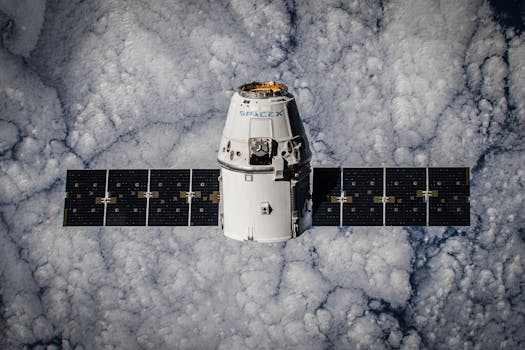
The Future of Satellites: Revolutionizing Global Communication and Exploration
The future of satellites is rapidly evolving, with advancements in technology and innovation driving new applications and opportunities for global communication and exploration. Satellites have been a crucial part of modern life for decades, providing vital services such as navigation, communication, and weather forecasting. However, the next generation of satellites is set to take these capabilities to new heights, enabling faster, more reliable, and more secure connections around the world.
Advances in Satellite Technology
One of the key drivers of the future of satellites is the development of new technologies, such as advanced materials, propulsion systems, and instrumentation. For example, the use of lightweight materials and 3D printing is enabling the creation of smaller, more efficient satellites that can be launched at lower costs. Additionally, the development of new propulsion systems, such as electric propulsion and advanced ion engines, is allowing satellites to travel farther and faster, enabling missions to more distant parts of the solar system.
New Applications for Satellites
The future of satellites is not just about improving existing capabilities, but also about enabling new applications and services. For example, the development of satellite constellations, such as OneWeb and Starlink, is set to provide global broadband coverage, enabling high-speed internet access to remote and underserved communities. Other new applications for satellites include earth observation, disaster response, and space exploration.
Challenges and Opportunities
While the future of satellites holds much promise, there are also challenges and opportunities that must be addressed. One of the key challenges is the growing problem of space debris, which poses a significant threat to the long-term sustainability of space exploration. Additionally, the increasing reliance on satellites for critical infrastructure and services raises concerns about security and resilience. However, these challenges also present opportunities for innovation and collaboration, such as the development of new technologies and international cooperation to address these issues.
Conclusion
In conclusion, the future of satellites is rapidly evolving, with advancements in technology and innovation driving new applications and opportunities for global communication and exploration. While there are challenges and opportunities that must be addressed, the potential benefits of satellites are vast and far-reaching, enabling faster, more reliable, and more secure connections around the world.




